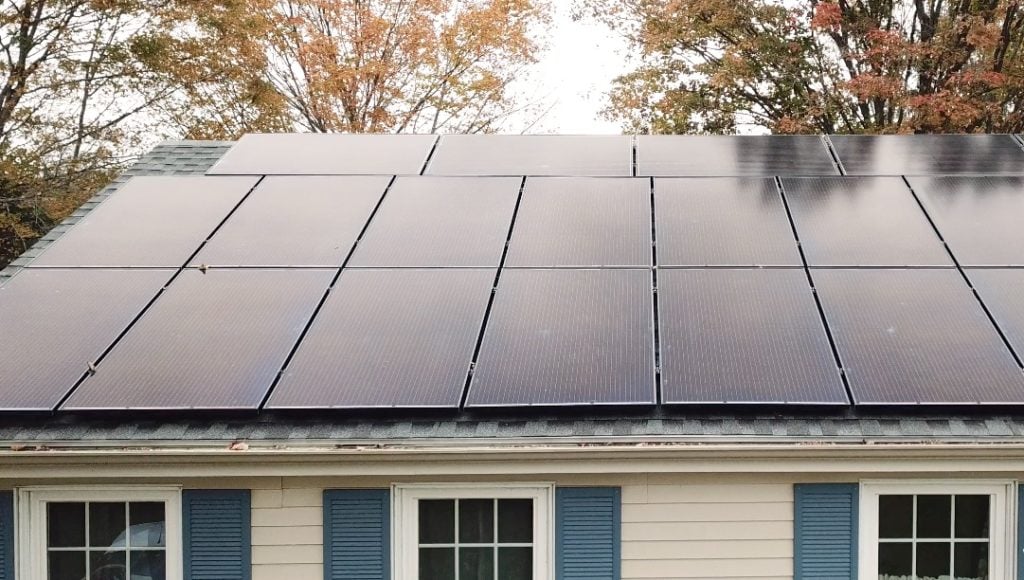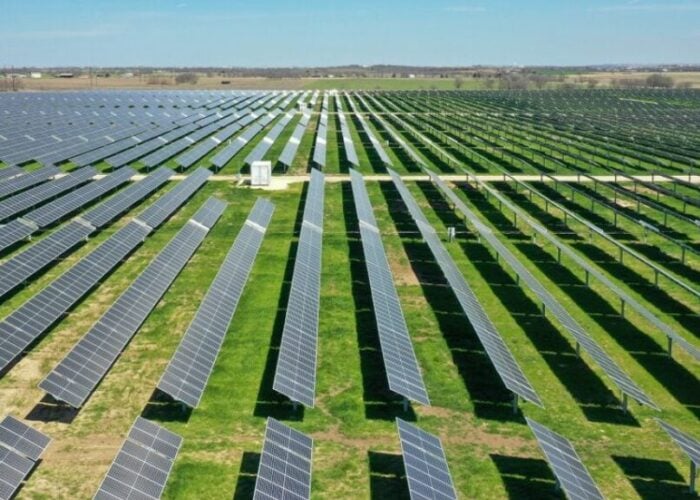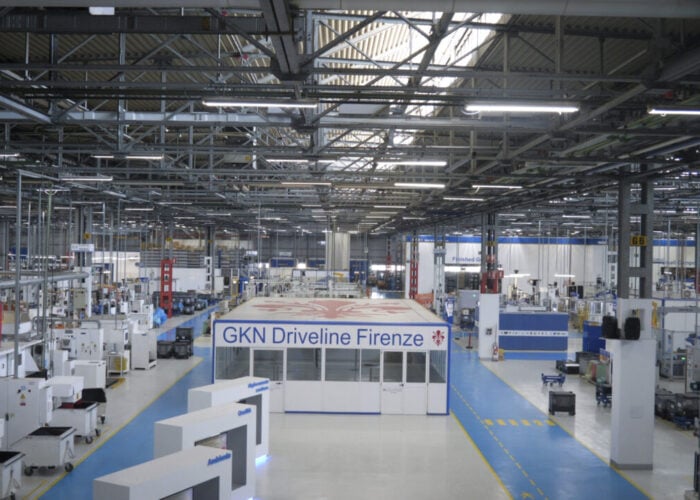
The Connecticut Green Bank has more than doubled its support for commercial-scale solar projects in the US state, and will now commit US$110 million to new facilities.
In 2020, the state government announced plans to invest US$49.5 million into such solar projects in the state, and this figure has more than doubled, as the government looks to support a range of solar projects. The bank announced that US$50 million would be committed to solar projects built on or near businesses, towns and schools, and builds on funding already raised by the bank for such projects, which has delivered over 100 operating solar projects with a combined capacity of 25MW.
Unlock unlimited access for 12 whole months of distinctive global analysis
Photovoltaics International is now included.
- Regular insight and analysis of the industry’s biggest developments
- In-depth interviews with the industry’s leading figures
- Unlimited digital access to the PV Tech Power journal catalogue
- Unlimited digital access to the Photovoltaics International journal catalogue
- Access to more than 1,000 technical papers
- Discounts on Solar Media’s portfolio of events, in-person and virtual
The green bank also announced that its Solar Marketplace Assistance Program (Solar MAP) has received additional funding, with its support tripling from US$20 million to US$60 million. The programme aims to assist “state properties and municipalities” in developing solar facilities to meet their electricity demands, and now plans to aid in the construction of 26 new projects with a total power capacity of 17MW.
While Connecticut is not a major player in the US solar space in terms of sheer capacity – the US Solar Energy Information Administration (SEIA) reports that the state had 1.3GW of capacity installed as of the third quarter of 2023, 23rd among the US states – small-scale solar has become an increasingly large part of the state’s energy mix in recent years.
The SEIA expects Connecticut to add more than 200MW of new capacity in 2023, a record figure, of which over 150MW will be in the residential and commercial sectors, more than was installed across all sectors in both 2020 and 2022.
State support for solar
The state’s residents are also able to offset the cost of electricity through the Non-Residential Renewable Energy Solutions (NRES) programme. Through this programme, customers of local electricity company Eversource can offset the costs of acquiring power with renewable power projects, including non-residential solar farms, which has created significant potential for small business owners to minimise their electricity bills by investing in on-site solar.
“The increased need for funding reflects the success of the NRES programme and the increase in federal incentives that are enabling more investment in and deployment of clean energy in our communities,” said Bert Hunter, executive vice president and chief investment officer at the green bank. “Businesses, schools and towns are looking for relief from higher energy costs and protecting themselves against grid outages.”
The bank is an investment vehicle, launched by the state government in 2011 to maximise investment in projects that are a priority for the government. The vehicle works with private lenders to attract greater investment for projects, and between 2011 and 2022, generated US$2.26 billion for investment across energy transition projects in the state, of which US$322.4 million came from state funding, with the rest committed by the bank’s private partners.
The state is planning to reach net zero across its electricity grid by 2040, and projects such as this will help attract vital private funding for scaling up renewable power projects.
The news follows the first instance of an Inflation Reduction Act (IRA) tax credit being transferred between two companies, which took place in Connecticut. The deal saw financing firm Evergrow acquire investment tax credits from Davis Hill Development, after the developer built a 1MW solar project in the state.







